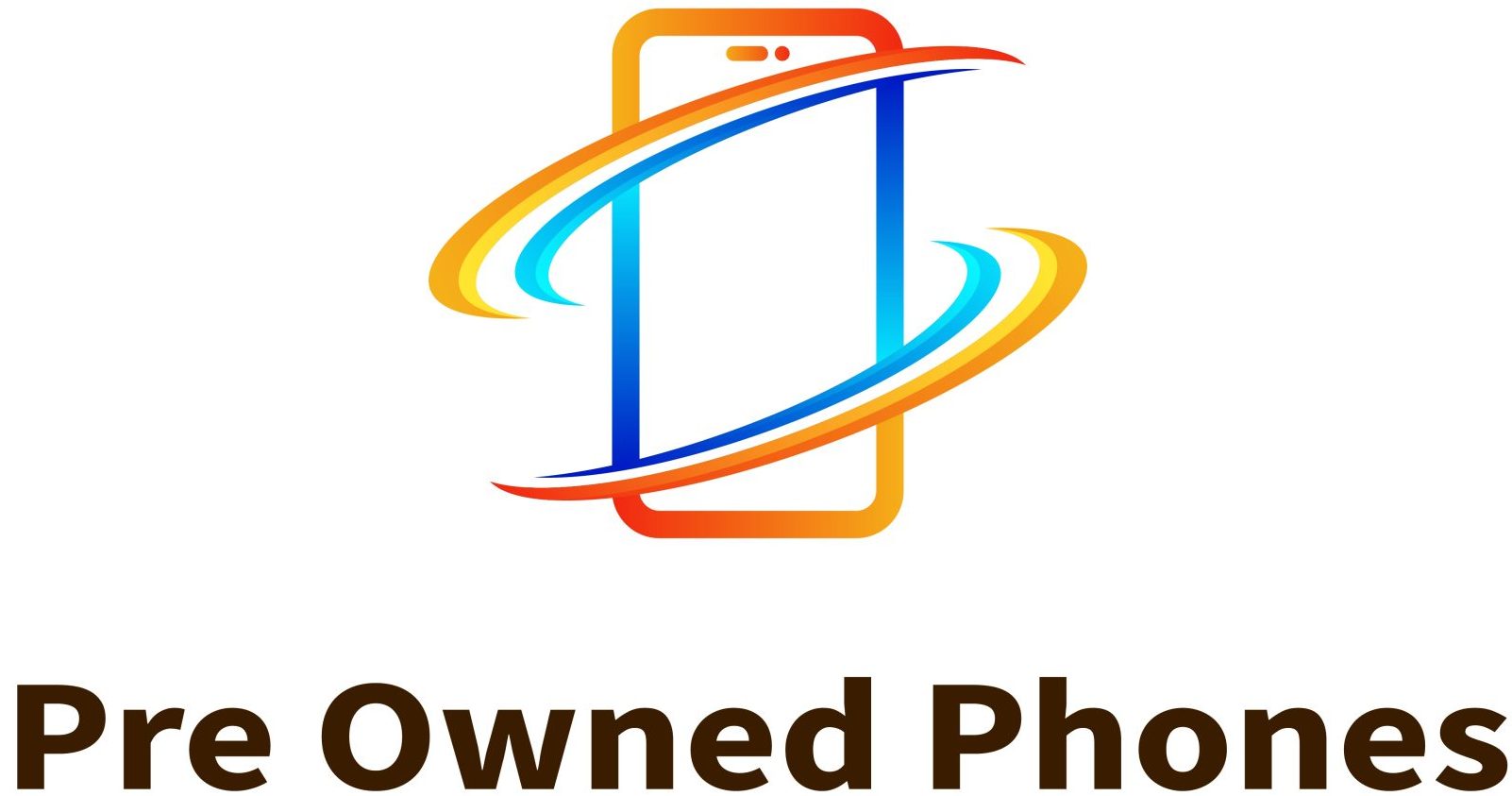Essential Rules for Phone Etiquette
Customer support is a job where answering phones is the mainstay of your work. Strong communication skills are often what make a frontline worker attractive.
It may seem obvious, but pick up the telephone and say, “Hello!” Answering professional calls is very different to answering personal calls. It is easy to make a mistake and speak to your customer in a way you wouldn’t normally.
Answer a phone call within three rings.
You should be available if your job requires you to answer calls 24/7. This means being focused and responding to calls right away. It is not a good idea to leave customers waiting for you to answer their calls or send them to voicemail.
This rule is easy to follow as long as you are always on your phone and alert, excluding breaks. We recommend that you respond within three rings to allow yourself time to prepare for the call and get into the zone. You might feel overwhelmed if you pick up the phone immediately.
Introduce yourself immediately
You should confirm your call with the person you have called by calling the number. Personal calls can be started with a simple “Hello” Let the caller introduce himself first. You want the caller to be able to tell if they have dialled the wrong number and who they are talking to.
Answer the phone by saying, “Hi, this [Your first name] from [Your business]. How can I assist you? You will warmly greet your customer, encouraging you to make a positive start to your call. Even if your customer ends up being a frustrated college student ordering pizza, they will still appreciate your kindness.
Talk clearly.
Although phone calls are a great way to communicate with people who don’t like in-person interaction much, they require many communication skills. One, they can only assess you by your voice. They don’t have access to your body language or your kind smile.
Always speak clearly. You can project your voice clearly without shouting. It is important to be heard and not repeat yourself. A confident voice will make customers trust you more. If you are experiencing poor cell service or any other inability to hear or speak, please hang up immediately and return the call.
Use speakerphone only when necessary.
We’re all familiar with the difficulties of using a speakerphone. Because you can multitask, it’s much easier for you. For the other caller, however, it’s difficult and frustrating to hear through a crowd of Manhattan taxis.
Avoid talking on the phone and give your customers your full attention. It will be easier for both of you to hear each other and ensure that they are paying attention. Sometimes, you may need a speakerphone. This is the case when you attempt to fix a problem on the phone or during a conference call. Although a speakerphone is sometimes necessary, it’s better to use a headset for these situations.
Listen actively and take notes.
It’s important to pay attention to customers and listen to them during conversations. Listening actively means listening to what they say and then responding based on their comments. This is different from using a script. This shows your customers that they are present and understand their problems.
It is a good idea to make notes during support calls. After a conversation, you will need to create a record. These notes will prove extremely helpful. This allows you to take down customer explanations and get on with problem-solving quickly.
Use appropriate language.
Language is a key distinction between personal and professional phone calls. While it might be OK to use swear words and slang when speaking on the phone with friends, this can lead to losing a customer for good.
When you are on the phone, be respectful and mindful. Customers may be offended by what you say, so it’s best not to speak casually. You can use humour when necessary, but you should never make a joke that could cause upset among customers.
Keep smiling.
It’s impossible to predict when a customer will be having a bad day. You may instinctively respond to rudeness by putting them in their place. Please take a moment to understand why they are so upset and put yourself in their shoes.
It is important to remain positive and friendly even when faced with negativity. A positive outlook can be enough to change a bad phone call around. Remember that your customer didn’t want to spend their afternoon talking with customer service. Make that phone call as pleasant and productive as possible to create a lifetime customer.
Before transferring calls or putting someone on hold, ask.
It’s frustrating to be put on hold. You finally get to solve your problem after waiting on hold for ten to fifteen minutes. You are immediately placed back on hold and then transferred to another person to whom you have to re-explain your problem. Talk about exhausting.
If you have to put a customer on hold or transfer their call, make sure they give their consent first. Tell them why you are doing this and assure them that they will be taken care of quickly by another employee. Your customer will be less likely to complain about long wait times if you keep them informed.
If you don’t know, be honest.
If the worst happens, you might have to transfer the call or put the customer on hold. You might have tried everything or don’t know what they are talking about. Please do not panic; customer service representatives are human too, and it’s OK not to be the voice of reason.
Instead of making excuses or offering false solutions, it’s better to admit that you don’t have the answer. Tell them, however, that you will do your best to find the answer. If they don’t respond immediately, you can find another coworker or tell them. Although customers don’t expect you have all the answers, they do expect transparency.
Be mindful of your volume.
Sometimes you may become so focused on your call with a customer that your surroundings are barely visible. Call centre work can be quite noisy. It is important to control your volume so your coworkers can communicate with customers and do their jobs.
You can leave the room and talk to your customers separately if you have to speak louder because of a poor connection or if a customer is hard-of-hearing. While your customers are your primary concern, you shouldn’t hinder the work ethic of others at your company.
Respond to voicemails.
You might get a call from a customer while you’re taking a break or leaving work. You should always check your voicemails to see if you can receive them. Although it’s easy to forget about voicemails, customers will not be able to ignore them.
Check your voicemail before you start and end each day. It only takes a few seconds and can prevent lost customer support requests. Customers will appreciate your prompt responses, and you can continue to do what you love — providing friendly and knowledgeable support.


